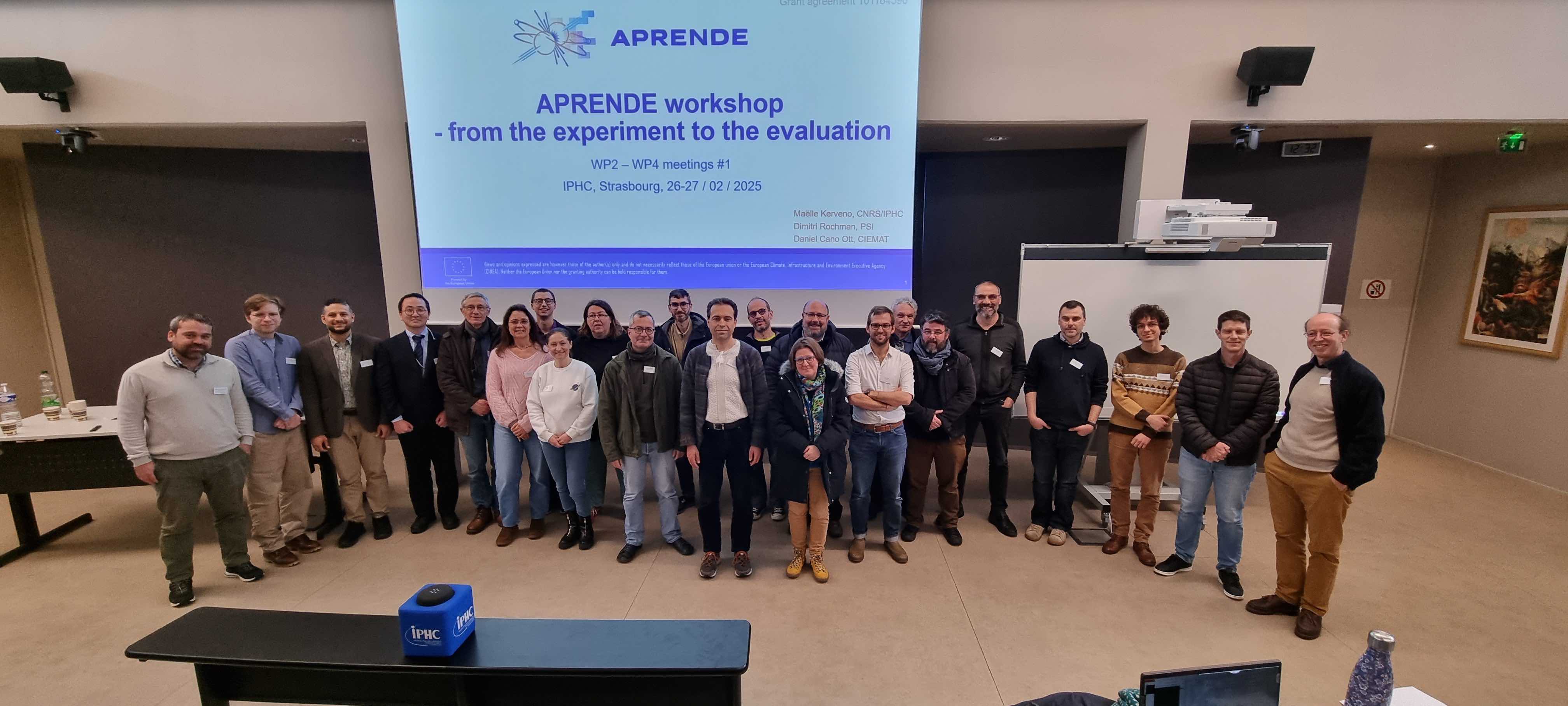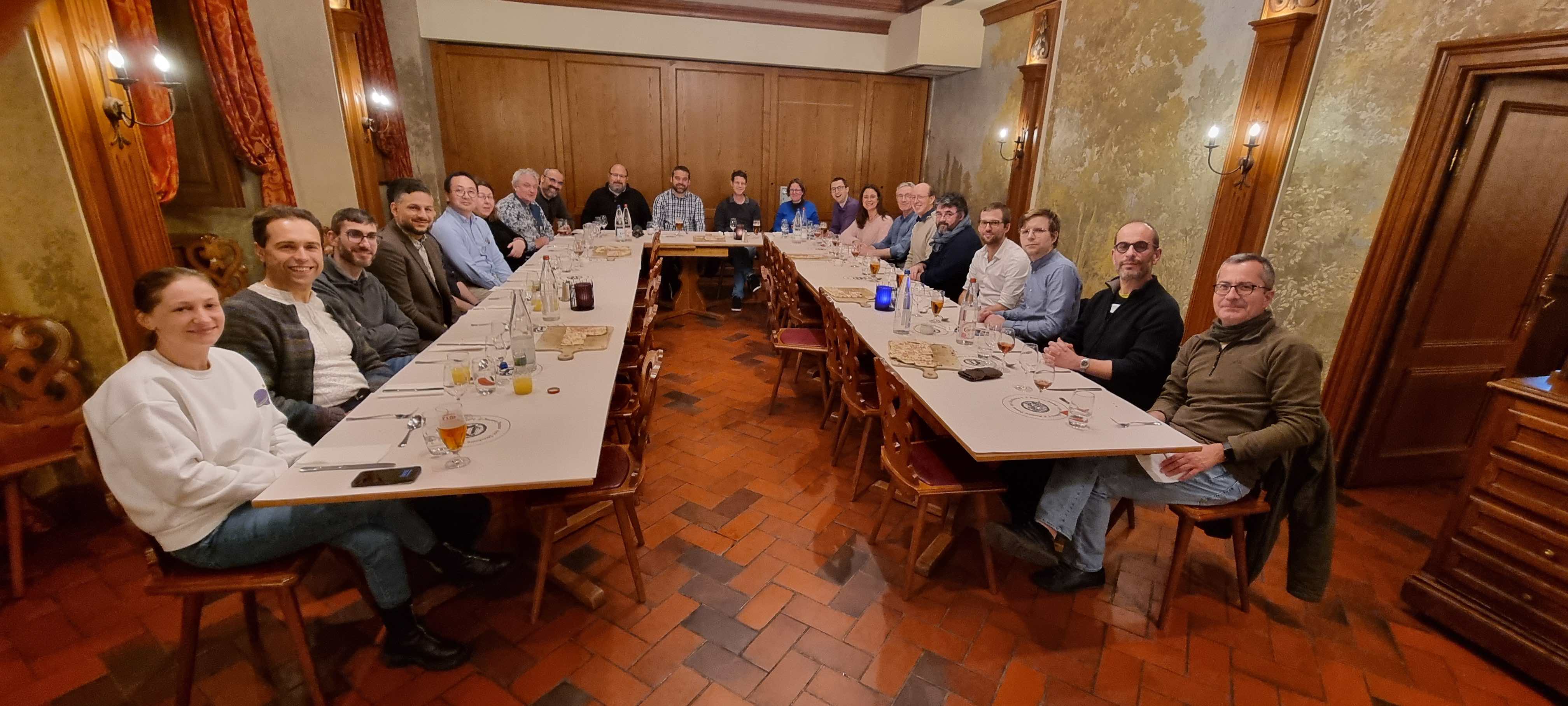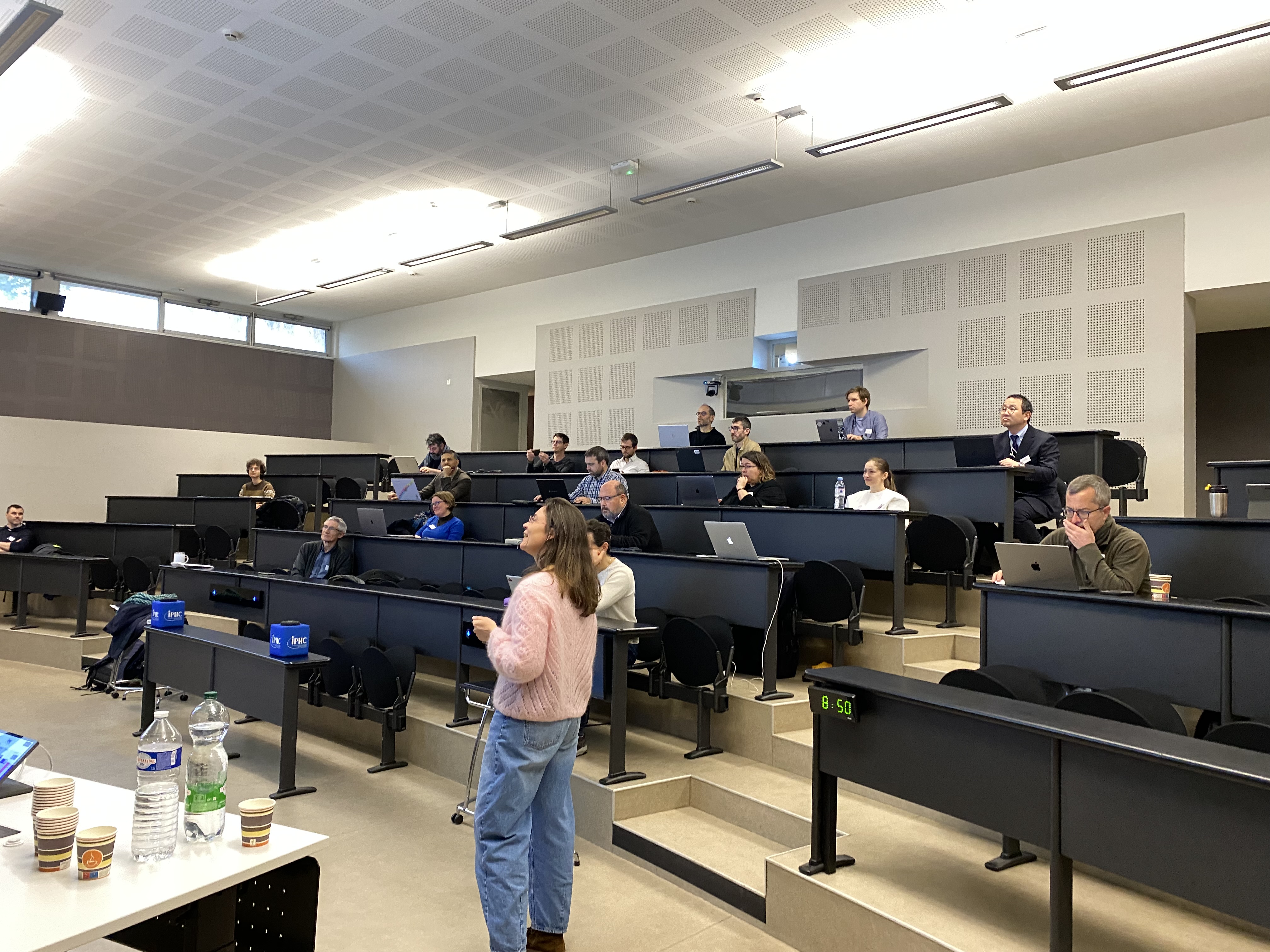APRENDE Experimentalists-Evaluators workshop (WP2-WP4)
IPHC
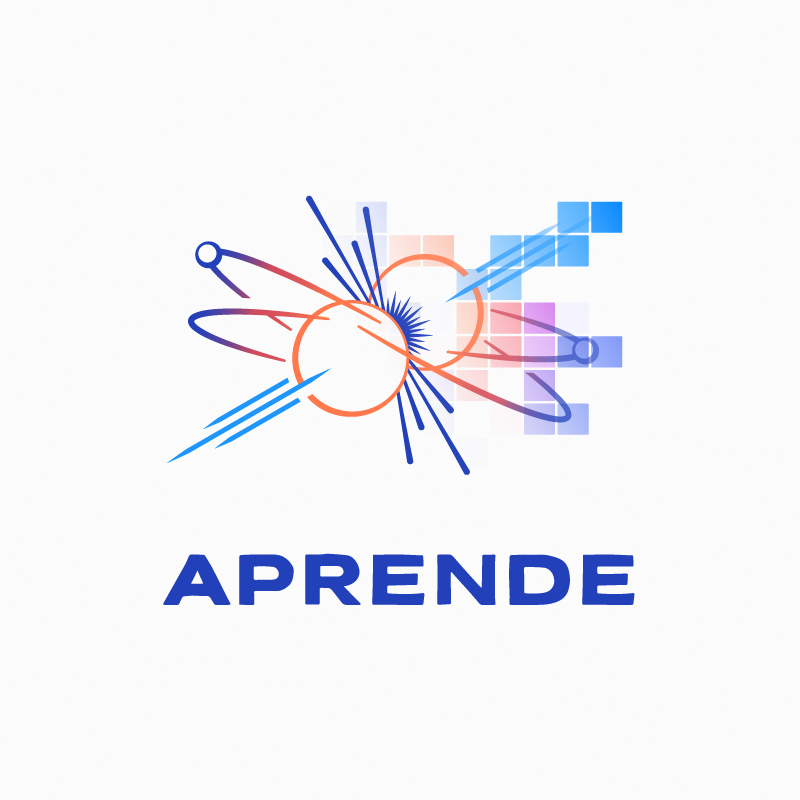
The Addressing PRiorities of Evaluated Nuclear Data - APRENDE EURATOM project fosters the collaboration between experimentalists and evaluators. We are pleased to announce the first APRENDE meeting combining the communities of WP2 New Nuclear Data measurements and WP4 Nuclear data evaluation. The workshop will be held, in person, at the IPHC institute in Strasbourg, France, on February 26 and 27, 2025.
The goals of the wokshop are to gather experimentalists (from WP2) and evaluators (from WP4) together, and to exchange information between both communities. For this first edition, it would be a success if experimentalists understand better the need of evaluators, and if evaluators understand better measurements outcomes. The following editions, will be more focused on common WP2-WP4 works in APRENDE.
The workshop will be located in:
More information about the location of the event can be found here: https://iphc.cnrs.fr/contact/
Connection:
It will be possible to follow the workshop with the following Zoom link:
https://cern.zoom.us/j/69699794706?pwd=rB2GUSb4FI8K9EilPQJVmxUdRJERTy.1, and the code 893318.
Diner:
A dinner will be organized on Wednesday 26, evening from 19:30 to 22:00. The location will be the "Ancienne Douane", 6 rue de la Douane, 67000 Strasbourg. See here for more information.
In case of additional questions, contact Maëlle Kerveno or Dimitri Rochman.
Hotel recommendation:
We recommend to take an hotel close to the main train station in Strasbourg. This will allow you to reach Strasbourg center by foot, and also to take the bus G towards the workshop location.
How to reach the workshop location:
The workshop will be located at the IPHC, in the amphitheater called Grünewald. Please follow the indication below, as the online Google itinerary is not accurate.
- You can reach the IPHC location, on the CNRS campus by bus, directly from the central train station in Strasbourg. Take the bus G in from of the train station in the direction of "Espace Europeen de l'entreprise".
- The travel with the bus G takes about 15 min. There are buses every 10 minutes. Information can be found here: https://www.cts-strasbourg.eu/fr/pratique/nouvelle-ligne-g/. Get off the bus at the stop Arago.
- Once at the Arago station, follow the indication on the map below (5 min from the Bus stop to the campus entry, where you will need to present an ID).
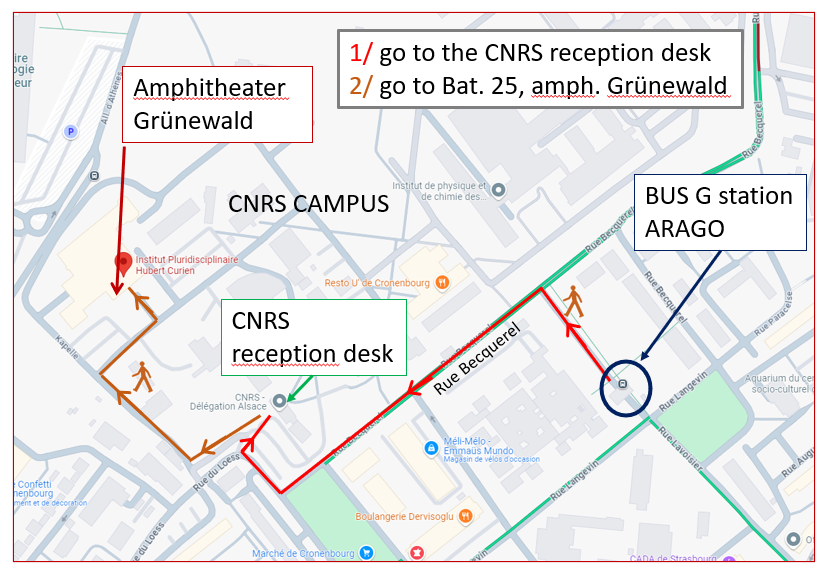
Feedback from the workshop (February 28, 2025): some pictures from the discussions and diner event (for high quality pictures, please contact Maelle or Dimitri).
